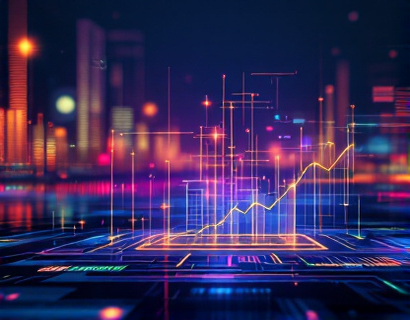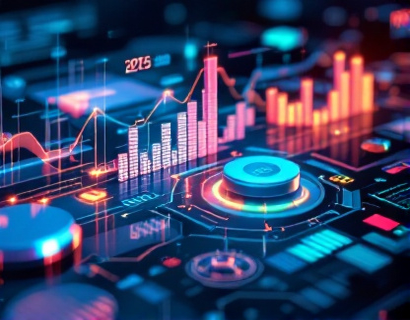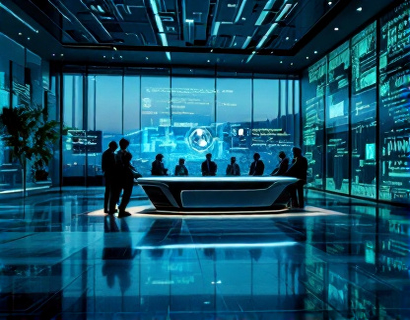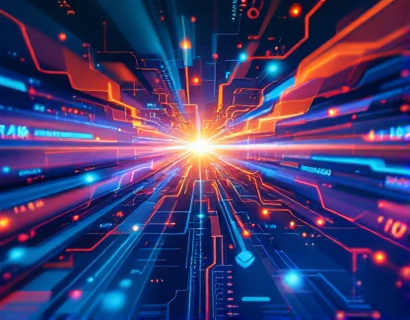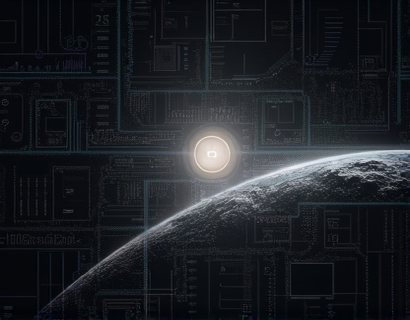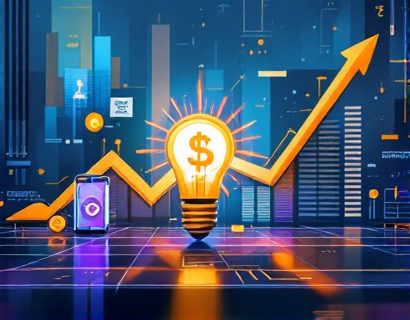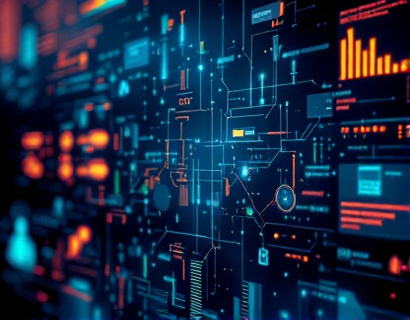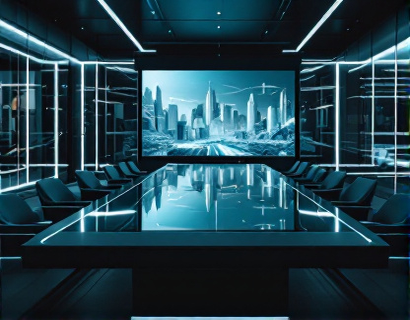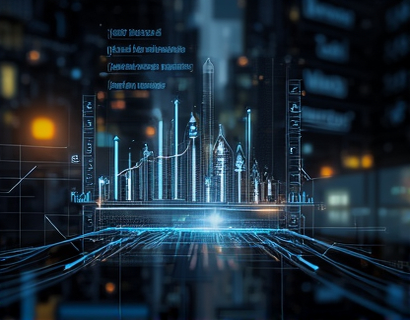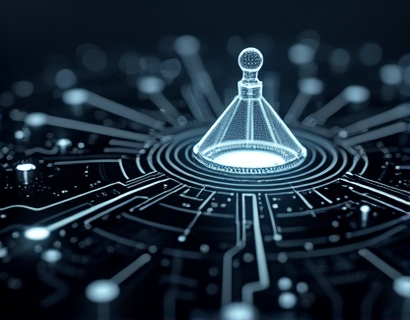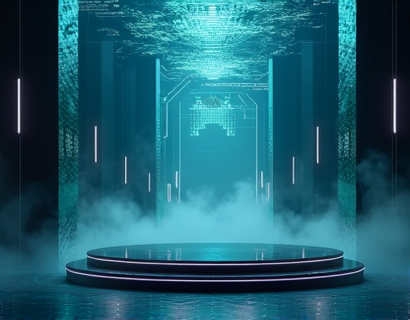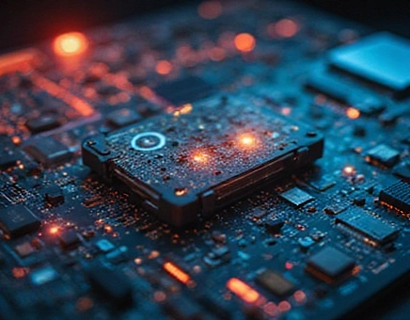Elevate Your Restaurant: Expert Management Software for Streamlined Operations and Enhanced Customer Experiences
In the competitive world of dining, restaurant owners and managers face numerous challenges daily. From managing staff schedules and inventory to ensuring seamless customer service, the tasks can be overwhelming. However, with the advent of expert management software, these challenges can be significantly mitigated. This software is designed to streamline operations, enhance customer experiences, and optimize workflows and communication, ultimately leading to exceptional dining experiences and increased efficiency.
Understanding the Importance of Management Software in Restaurants
Management software for restaurants serves as a comprehensive tool that addresses various aspects of the business. It is crucial for both internal operations and external customer interactions. For restaurant owners and managers, this software can be a game-changer, providing insights and tools that were previously unattainable. The primary goal of such software is to create a more efficient, organized, and customer-focused dining environment.
Streamlining Internal Operations
One of the most significant benefits of management software in restaurants is the streamlining of internal operations. This includes everything from point-of-sale (POS) systems to inventory management and staff scheduling. By integrating these functions into a single platform, restaurant managers can save time and reduce errors.
For instance, a POS system connected to inventory management software can automatically track stock levels, alerting staff when items need to be reordered. This not only ensures that the restaurant never runs out of popular items but also helps in maintaining optimal inventory levels, reducing waste and saving costs.
Enhancing Customer Experiences
Customer satisfaction is paramount in the restaurant industry. Management software can significantly enhance the customer experience by improving service efficiency and personalization. For example, a well-integrated system can track customer preferences and order history, allowing staff to provide personalized service. This level of attention can turn a regular customer into a loyal one.
Moreover, online reservation systems and waitlist management tools can reduce customer wait times and improve the overall dining experience. Customers can reserve tables effortlessly, and management can efficiently manage waitlists, sending notifications when a table is ready. This not only enhances customer convenience but also increases table turnover, boosting revenue.
Optimizing Workflows and Communication
Effective workflows and communication are the backbone of a successful restaurant operation. Management software facilitates this by providing a centralized platform where all team members can access and update information in real-time.
For example, a centralized menu management system allows for easy updates to the menu, ensuring that all staff are always informed of any changes. This reduces the likelihood of errors and ensures consistency in service. Additionally, task management features enable managers to assign and track tasks, ensuring that everything runs smoothly from kitchen to front-of-house.
Real-Time Data and Analytics
One of the most powerful aspects of management software is its ability to provide real-time data and analytics. Restaurant owners and managers can gain valuable insights into various aspects of their business, such as sales trends, customer behavior, and operational efficiency.
These insights can inform strategic decisions, from optimizing menu offerings to adjusting staff schedules based on peak hours. For instance, analyzing sales data can reveal which dishes are most popular during certain times of the day, allowing for better inventory management and staff allocation. This data-driven approach ensures that decisions are based on factual information, leading to more effective and efficient operations.
Improving Staff Management
Effective staff management is crucial for the success of any restaurant. Management software can greatly improve this aspect by providing tools for scheduling, performance tracking, and training.
Scheduling software can help managers create optimal staff schedules based on historical data and real-time needs. This ensures that the right number of staff are available during busy periods, reducing overstaffing costs and improving service quality. Performance tracking tools allow managers to monitor employee performance, providing feedback and identifying areas for improvement. This not only enhances individual performance but also boosts overall team efficiency.
Training modules within the software can also be used to onboard new staff and provide ongoing education for existing employees. This ensures that all staff are well-informed about menu items, service standards, and operational procedures, leading to a more cohesive and professional team.
Enhancing External Customer Interactions
Beyond improving internal operations, management software also plays a vital role in enhancing external customer interactions. A well-integrated system can streamline communication channels, making it easier to engage with customers and gather feedback.
For example, a customer feedback system can be integrated into the POS or website, allowing customers to provide immediate feedback after their visit. This feedback can be quickly reviewed and acted upon, demonstrating a commitment to customer satisfaction and continuous improvement. Additionally, loyalty programs can be managed through the software, rewarding repeat customers and encouraging loyalty.
Online ordering and delivery integration is another critical feature. With the rise of digital dining, the ability to seamlessly integrate online ordering with the restaurant's management system ensures a smooth customer experience. This not only increases convenience for customers but also opens up new revenue streams for the restaurant.
Conclusion
In conclusion, expert management software is an invaluable tool for modern restaurants. It streamlines operations, enhances customer experiences, and optimizes workflows and communication. By leveraging these technologies, restaurant owners and managers can create a more efficient, organized, and customer-focused dining environment. As the industry continues to evolve, embracing such software will be essential for staying competitive and delivering exceptional dining experiences.




